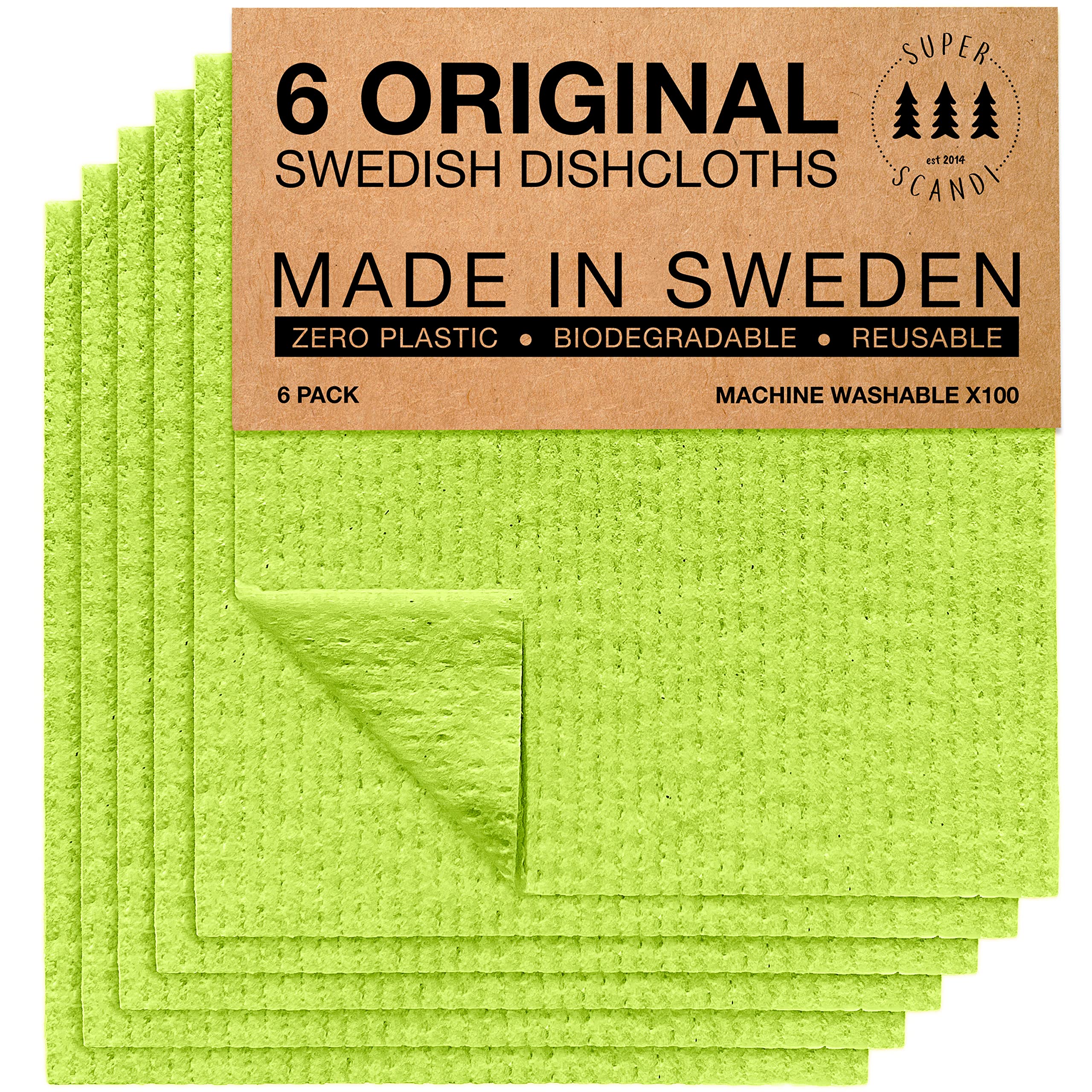
DIY Vinegar and Essential Oils Cleaner

- Wiping down countertops, sinks, and appliances
- Cleaning greasy stovetops and microwaves
- Disinfecting cutting boards and other food preparation surfaces
- Removing odors from trash cans and refrigerators
The acetic acid in vinegar helps cut through grease and grime while also killing common foodborne bacteria. Essential oils not only improve the fragrance but can also contribute antimicrobial properties to the cleaner. This DIY solution is cost-effective, environmentally friendly, and avoids harsh chemicals found in many commercial products.
Eco-Friendly Dish Soap Alternatives

- Castile soap: A versatile plant-based soap that can be diluted for dishwashing
- Baking soda: Effective for scrubbing and degreasing when mixed with water
- White vinegar: Cuts through grease and acts as a natural disinfectant
- Savon de Marseille: A traditional French soap that can be grated into water or rubbed directly on sponges
These eco-friendly options not only reduce plastic waste but also avoid potentially harmful chemicals like phthalates, triclosan, and formaldehyde often found in conventional dish soaps.
Reusable Swedish Dishcloths

- Reusability: They can be washed and reused up to 200 times, significantly reducing waste compared to disposable options.
- Versatility: Suitable for cleaning countertops, appliances, dishes, and even windows.
- Eco-friendly materials: Composed of biodegradable materials, they are compostable at the end of their lifecycle.
- Cost-effective: Despite the initial investment, their long lifespan makes them more economical than constantly purchasing paper towels.
- Odor-resistant: Unlike traditional sponges, they dry quickly and resist bacterial growth, preventing unpleasant odors.
By incorporating Swedish dishcloths into kitchen cleaning routines, households can significantly reduce their environmental impact while maintaining effective cleaning practices.
Homemade Glass Cleaner Formula

- 1/2 cup white vinegar
- 1/2 cup rubbing alcohol
- 1-2 cups water
- 1-2 drops of liquid dish soap (optional)
Combine these ingredients in a spray bottle and shake well before use. The vinegar cuts through grime and grease, while the rubbing alcohol helps the solution evaporate quickly, preventing streaks. For tougher jobs, some recipes include 1-2 tablespoons of cornstarch, which acts as a mild abrasive to tackle stubborn dirt.This homemade cleaner is not only cost-effective but also eco-friendly and free from harsh chemicals found in many commercial products. It’s suitable for cleaning windows, mirrors, and other glass surfaces, leaving them streak-free and sparkling clean.
Castile Soap for Dishes

- For handwashing, dilute 1 part castile soap with 10 parts water.
- In dishwashers, mix 1 cup water, 1 cup castile soap, and 1 tablespoon of lemon juice.
- To combat film residue, rinse dishes with a vinegar solution after washing.
For a more effective and eco-friendly alternative, consider using dish soap bars made with 100% coconut oil or commercially available eco-friendly dish soaps. These options provide better grease-cutting power while still being environmentally conscious.
Plant-Based Surfactants

- Biodegradability: They break down more easily in water and soil, reducing environmental impact.
- Lower toxicity: Generally safer for human health and aquatic ecosystems.
- Reduced carbon footprint: Production often involves lower greenhouse gas emissions.
- Versatility: Effective in various applications, from household cleaners to personal care products.
Plant-based surfactants are created through processes like hydrolysis, hydrogenation, and ethoxylation, which modify plant oils to achieve the desired cleaning properties. While they may undergo some chemical processing, their renewable origin makes them a more sustainable choice for environmentally conscious consumers and businesses seeking to reduce their ecological impact.
Baking Soda Scrub

- Apply the paste to the stained area and let it sit for 10-15 minutes
- Scrub gently with a sponge or soft brush
- For tougher stains on stainless steel, add a splash of vinegar to create a foaming action
- Rinse thoroughly with warm water and dry with a soft cloth
This eco-friendly scrub is particularly effective at removing food stains, rust, and polymerized oil without the need for harsh chemicals. For ceramic or glass stovetops, baking soda’s non-abrasive nature makes it a safe and effective cleaner.
Compostable Cleaning Cloths

- High absorbency: They can absorb up to 4 times their weight in liquids, making them excellent for spills and general cleaning.
- Reusability: Many can be washed and reused multiple times, with some lasting for 40+ uses.
- Versatility: Suitable for various surfaces including countertops, windows, and floors.
- Eco-certification: Some brands offer ASTM certified biodegradable and compostable options.
- Cost-effectiveness: A pack of reusable cloths can replace dozens of paper towel rolls, offering long-term savings.
By incorporating compostable cleaning cloths into kitchen cleaning routines, households can significantly reduce waste while maintaining effective cleaning practices, aligning with the growing trend towards more sustainable and non-toxic cleaning solutions.